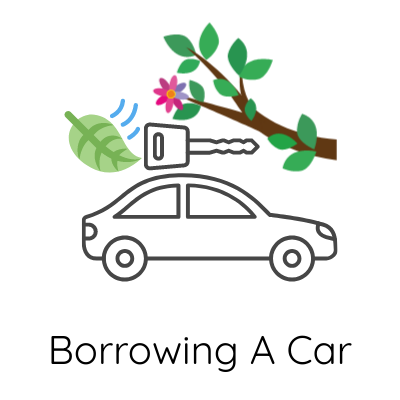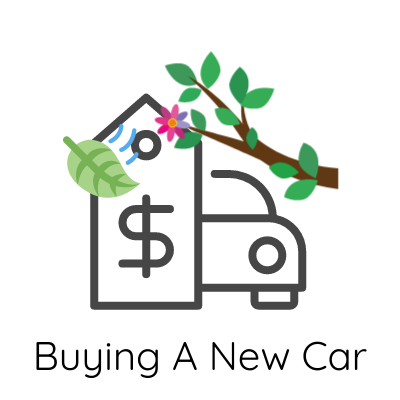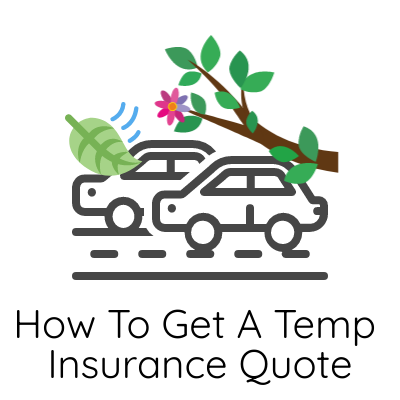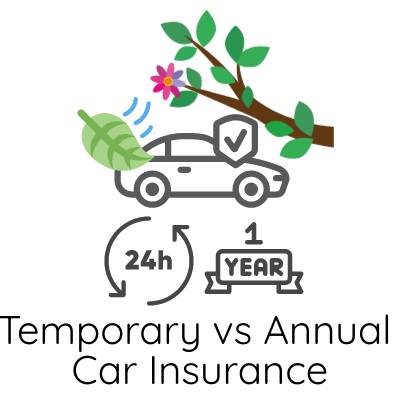
Temporary Car Insurance is the solution to your short-term insurance needs. Insure Your Car or Van from 1 Hour to 3 Months.

Temporary car insurance is the convenient solution to many short-term situations - whether you need to borrow a car, temporary cover for your own car, or to test drive a new car, you can find out all the possible uses and reasons for temporary car insurance!

Borrowing a car is the most common reason for short-term car insurance. Need to drive a partner's or parent's car for a while? We've got you covered.

If you need to buy a new car, you might need temporary car insurance to drive your new car home or to be covered until your annual insurance begins.
Annual insurance can be a pain to get, whilst you call up multiple insurance companies to try and get the best quote. That's what sets temporary insurance apart, it only takes 30 seconds to get a quote and then compare the best prices with InsureDaily. Read on to find out exactly how to get temporary car insurance.

It only takes 30 seconds to get a temporary insurance quote, and we talk you through everything you need from quote to purchase. Simple, Flexible Cover.

There are many differences between annual insurance and temporary cover and the relationship between the two that are important to know for your insurance.
Short-Term Car Insurance is available for anywhere between 1 hour and 3 months. There are a range of reasons and periods you might need temporary insurance for, so whether you just need cover for an hour to pop to the shops or for 3 months until you sell your car, we have the short-term cover you need.

Hourly Car Insurance offers you the flexibility and freedom that you need for the shortest trips and drives where you need cover by the hour.

The most common type of temporary car insurance is day insurance, and InsureDaily offer you the cover you need, when you need it.
The best and quickest way to find out how much temporary car insurance will cost you is to get a quote, it only takes 30 seconds! But if you do want to find out more around the costs involved in short-term car insurance you can read our other pages related to temporary costs.

To get an idea of how much temporary car insurance might cost you, you can use our temporary car insurance calculator here.

Just like normal insurance, temporary insurance is affected by a number of different factors. You can find out all about them here.
The price of temporary car insurance starts from £14.55 for one day's insurance. Temporary insurance is not expensive, but the price does change for each person and each vehicle they are insuring. More expensive vehicles cost more to insure with temporary car insurance, and drivers with less experience generally pay more for temp car insurance too. Use the Temporary Car Insurance Calculator below to get an idea of the cost of a short-term policy.

Prices shown are based on the lowest sold prices over the period July 2023 to September 2023
There are lots of types of short-term car insurance and reasons you might need temporary cover - and here you can find out about all the different types of temporary cover, from temporary van insurance or temporary foreign licence cover, InsureDaily can cover all your short-term insurance needs.

If you need to borrow a van or insure your own van, temporary van insurance is the solution you need for moving house or working.

If you are learning to drive you might need learner insurance to borrow a parent's car to get some practice in before your test.
Not sure why you would want to buy temporary car insurance over any alternative? Not convinced it's the option for you yet? Well you're in the right place! Here is everything you need to know about the benefits of temporary car insurance for you.

You can find out the relationship between temporary cover and no claims bonus here. It's a huge benefit of temp cover.

Want to know the main differences and advantages of temporary insurance compared to annual car insurance? Read more.
Professor Daily, our InsureDaily brand ambassador, explains temporary car insurance in the video below. Why you might need short term insurance and how to arrange temporary cover, for a day, a week, a month or an hour. "It's Not Rocket Science - InsureDaily, temporary car insurance made simple". You can view it below on the InsureDaily YouTube Channel.
InsureDaily is part of Ramasis Limited, who are Authorised & Regulated by the Financial Conduct Authority, the FCA. You can view our FCA status on the FCA register where you will find InsureDaily noted as one of our Trading Names.
We are also members of BIBA – the British Insurance Brokers Association.
BIBA Motor Panel member, Scott Forrester, who is a Director at InsureDaily, describes short-term insurance as "a practical solution for the way many drivers now need insurance on an ad-hoc basis, to match their busy lifestyles".